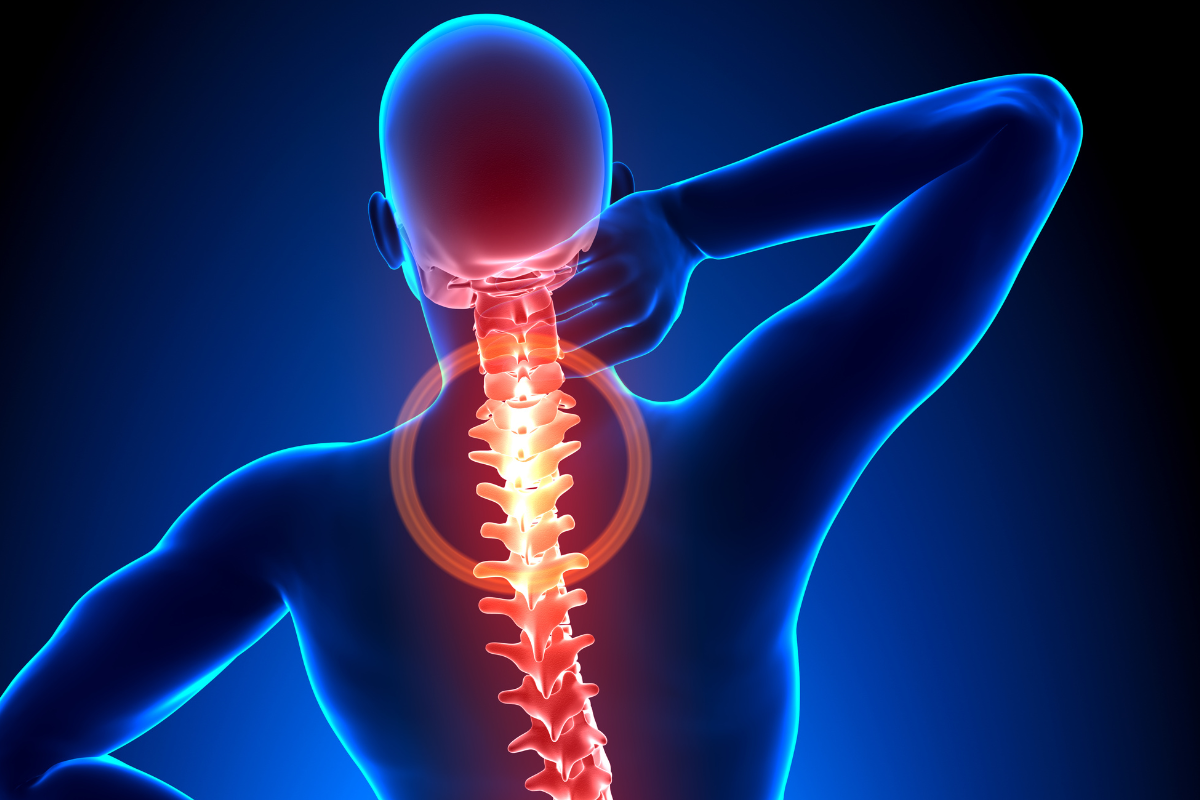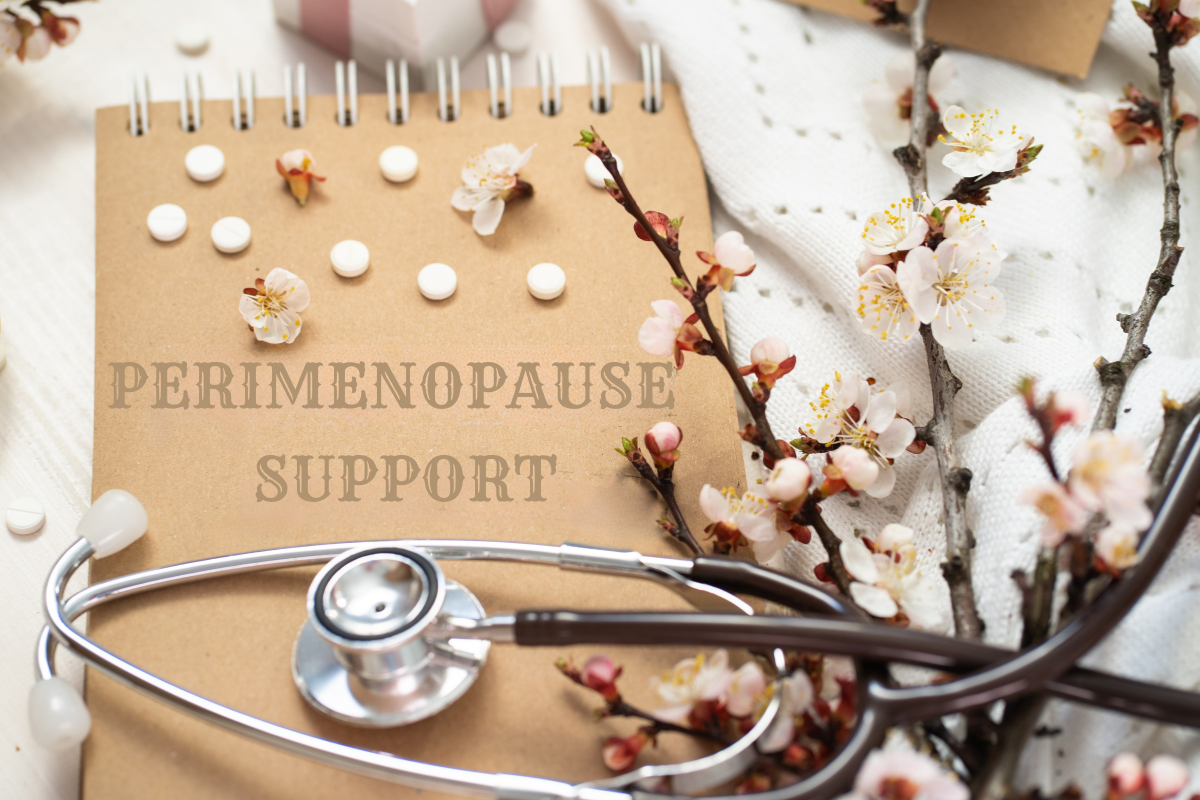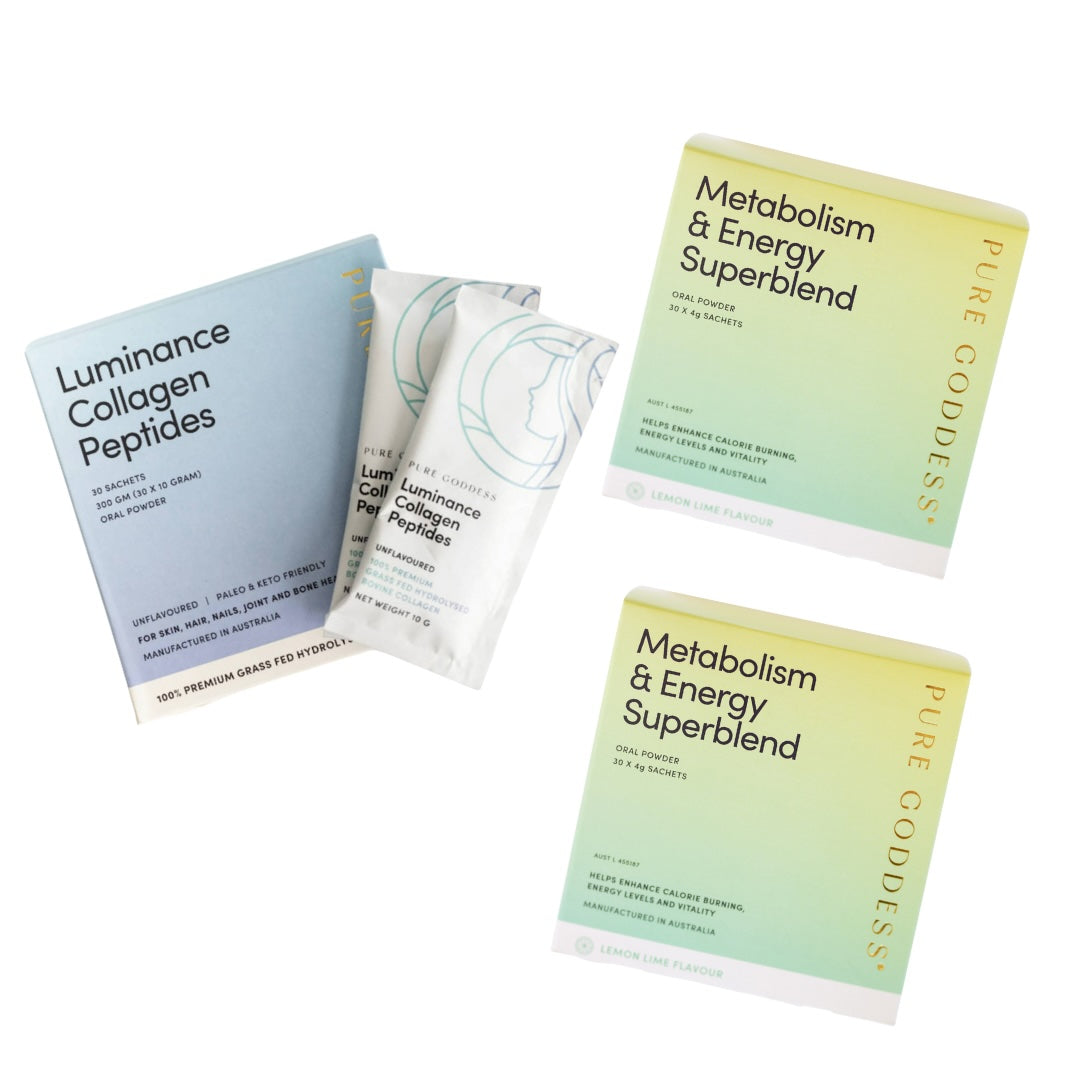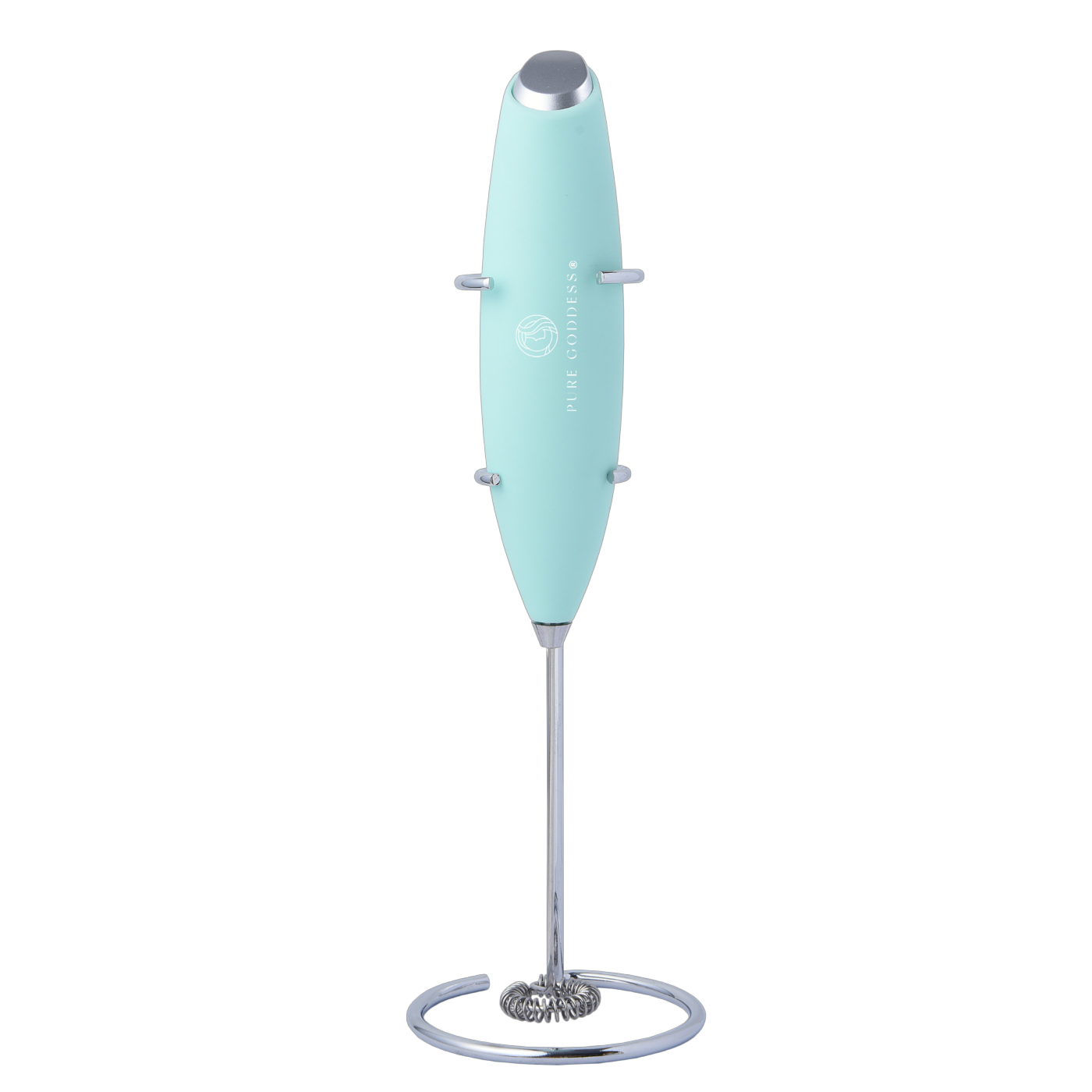
Osteoporosis in Women: Symptoms & Causes; How to Strengthen Your Bones in Midlife
If you’re in your 40s or 50s and starting to feel like your body is changing faster than you can keep up, aching joints, shrinking height, or that stubborn back pain that just won’t quit, you’re not imagining it.
You might be experiencing one of the most overlooked (and under-discussed) health issues affecting midlife women: osteoporosis.
Often called the “silent disease,” osteoporosis affects one in two women over the age of 50, yet many don’t realise they have it until they suffer a broken bone or start noticing physical changes like stooping or loss of height. But here’s the good news: osteoporosis is manageable, and in many cases, preventable, with the right lifestyle, nutrition, and support.
In this guide, we’ll walk you through what osteoporosis really is, early warning signs to look out for, why midlife women are at higher risk, and science-backed strategies to protect and strengthen your bones, starting today.
What Is Osteoporosis?
Osteoporosis is a condition that causes bones to become thin, weak, and brittle over time. It occurs when bone loss outpaces bone formation, making bones more prone to fractures. The word itself means “porous bones”, and that’s exactly what it causes.
This condition can affect any bone in the body, but the most common sites are the spine, hips, and wrists.
What makes osteoporosis so dangerous is that it often develops without symptoms. Many women won’t realise anything is wrong until they suffer a fall or fracture from a minor bump or injury.
Why Is Osteoporosis So Common in Women Over 40?
Women are at a much higher risk of developing osteoporosis than men, especially in midlife. Here’s why:
1. Estrogen Decline After Menopause
Estrogen plays a key role in bone formation. When estrogen levels begin to drop during perimenopause and menopause, bone breakdown speeds up significantly. In fact, women can lose up to 20% of their bone mass in the first 5–7 years after menopause.
2. Smaller Bone Structure
Women naturally have smaller, thinner bones than men, which means any loss of density has a bigger impact on overall strength.
3. Increased Life Expectancy
Women are living longer than ever, and the longer we live, the greater our risk of age-related bone loss.
What Are the Symptoms of Osteoporosis?
Osteoporosis is often called the “silent disease” because it doesn’t always cause noticeable symptoms. But if you know what to look for, your body may be sending early warning signs.
Early Signs of Osteoporosis in Women:
-
Persistent or unexplained back pain
-
Loss of height (more than 2 cm or an inch)
-
Poor posture or a stooped appearance
-
Brittle nails or receding gums
-
Fractures from minor falls or injuries
-
Reduced grip strength or general weakness
If you’re experiencing any of these and are in your 40s or beyond, it’s worth speaking to your GP or hormone-aware practitioner about a DEXA scan (bone density test).
What Is Osteopenia?
Before full-blown osteoporosis, there’s osteopenia, a condition where your bone density is lower than normal, but not yet low enough to be classified as osteoporosis. Think of it as a warning sign that your bones are weakening and that it’s time to take action.
Osteopenia is common during perimenopause, when fluctuating hormones make it harder for the body to keep up with bone maintenance.
Risk Factors for Osteoporosis in Midlife Women
Here’s what increases your risk:
-
Menopause or early menopause
-
Family history of osteoporosis or fractures
-
Low calcium or vitamin D intake
-
Smoking and excess alcohol use
-
Sedentary lifestyle or lack of weight-bearing exercise
-
Certain medications like corticosteroids or aromatase inhibitors
-
Eating disorders or chronic under-eating
How to Prevent Osteoporosis in Women Over 40
You can’t change your genetics or stop time, but you can take powerful, proven steps to maintain bone strength in midlife and beyond.
1. Start Strength Training
Weight-bearing and resistance exercises help build and maintain bone mass. According to the National Osteoporosis Foundation, strength training just 2–3 times a week can significantly increase bone density.
Focus on exercises like:
-
Squats and lunges
-
Resistance band workouts
-
Pilates or yoga
-
Light weight training for arms, back, and legs
These exercises also improve balance and coordination, helping prevent falls and fractures.
2. Get Enough Calcium (But Don’t Overdo It)
Calcium is essential for strong bones. Women over 50 should aim for around 1200 mg of calcium daily from diet or supplements.
Sources include:
-
Leafy greens (kale, bok choy, broccoli)
-
Sardines or canned salmon with bones
-
Tahini, tofu, almonds
-
Fortified plant milks
Avoid excessive calcium supplementation, which can increase the risk of kidney stones or cardiovascular issues. It’s best to get most of your intake from food.
3. Don’t Forget Vitamin D
Vitamin D helps your body absorb calcium and is essential for bone strength. Without it, even a calcium-rich diet won’t protect your bones.
Aim for:
-
1000–2000 IU of vitamin D3 daily (especially in winter or if you’re mostly indoors)
-
Sun exposure on bare skin (early morning or late afternoon, 10–20 minutes)
-
Fatty fish like salmon, mackerel, or eggs
Have your vitamin D levels checked regularly, especially if you live in a low-sunlight climate or have darker skin.
Our 28 Day Pure Goddess Metabolic Reset E-Program can help you transform your health, metabolism, and energy levels. This Ebook offers a holistic solution to help you feel your best self again with over 40 delicious daily recipes tailored for busy lifestyles.
4. Eat More Magnesium, Vitamin K2, and Collagen
Your bones need more than just calcium.
-
Magnesium helps regulate calcium transport and bone metabolism. Aim for 300–400mg/day from leafy greens, legumes, seeds, or supplements.
-
Vitamin K2 directs calcium into bones and away from arteries. It’s found in fermented foods like natto, sauerkraut, and certain cheeses.
-
Collagen provides the structural matrix of bones. Studies show that 10g of hydrolysed collagen peptides daily can improve bone mineral density and reduce joint pain.
Pure Goddess Luminance Collagen is a great option for midlife women, it’s high-quality, clinically dosed, and easy to blend into your morning routine.
5. Limit Bone-Depleting Habits
Some habits quietly contribute to bone loss over time. Try to limit or avoid:
-
Smoking
-
More than 1–2 alcoholic drinks per day
-
High sodium intake (it leaches calcium from bones)
-
Excessive caffeine (especially without enough calcium)
These factors can interfere with calcium absorption and accelerate bone breakdown.
6. Get a Bone Density Test (DEXA Scan)
A DEXA scan is the gold standard for measuring bone density. It’s painless, quick, and gives you a T-score to help assess your fracture risk. If you're postmenopausal, have a history of fractures, or multiple risk factors, ask your GP about getting tested.
Treatment Options for Osteoporosis
If you’ve already been diagnosed with osteoporosis, don’t panic, there are effective treatments available.
Medical Options:
-
Bisphosphonates (e.g. Fosamax, Actonel): slow bone loss
-
SERMs (Selective Estrogen Receptor Modulators): mimic estrogen’s bone-protective effects
-
HRT (Hormone Replacement Therapy): especially helpful for women under 60 in early menopause
-
Bone-forming agents (e.g. Teriparatide): used in severe cases
Always speak to a doctor about the risks and benefits of medication based on your age, symptoms, and fracture risk.
Final Thoughts: Bone Health = Whole Health
Osteoporosis might be common, but that doesn’t mean it’s inevitable. With the right support, you can build stronger bones, reduce your risk of fractures, and feel confident and resilient, well into your 50s, 60s, and beyond.
At Pure Goddess, we believe midlife is your power era, not your downfall. Our approach to supplements, hormone balance, and lifestyle guidance is designed to help you feel strong, vibrant, and supported every step of the way.
If you’re looking for high-quality collagen, magnesium, or hormone-friendly support, we’ve got you covered. Because when it comes to thriving in midlife, your bones matter and so do you.
Want to stay in the know?
Download our free Midlife Bone Health Checklist or browse our best-selling collagen and supplement bundles here!









Leave a comment
This site is protected by hCaptcha and the hCaptcha Privacy Policy and Terms of Service apply.